Let's mess with you a bit .... Mastermind - Mastermind - 1977 - YouTube

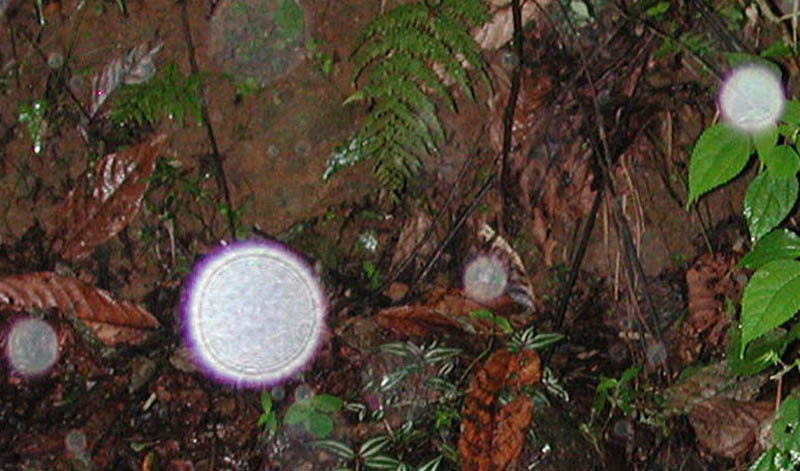
Priestesses of the Bee: The Melissae



 .... Lack of Afro - What The Hell (Instrumental Version) [Freestyle Records] - YouTube .... miaow
.... Lack of Afro - What The Hell (Instrumental Version) [Freestyle Records] - YouTube .... miaow






Priestesses of the Bee: The Melissae
The Melissae, also known as The Thriae (also Thriai), a triad of divinatory Priestesses in ancient Greece, were originally Nymphs. The Thriae were able to see the future, interpret signs and omens provided by Nature and the Earth. They taught the God Apollo this art. Their names are Daphnis (Laurel), Kleodora (Famed for Her Gift) and Melaina (The Black).
“And not of every water do the Melissae carry to Deo, but of the trickling stream that springs from a holy fountain, pure and undefiled, the very crown of waters.”
- Callimachus, from his Hymn to Apollo
- Callimachus, from his Hymn to Apollo
The Bee and the Great Mother
Ancient Greece and Crete
In the time of ancient Greece, and particularly in the temples of Artemis, Aphrodite, Demeter but also of Cybele, Diana and Rhea, priestesses were called the Melissae, which translates as ‘the bees.’ The Goddess as the Great Mother was sometimes titled Melissa, literally, ‘the Queen Bee.’ Some classical sources describe these priestesses as young and virgin, others tell us the designation of Melissae was a title of honor, bestowed due to devotion and labor for the Great Mother by a certain individual, which was above and beyond the ordinary. The Pythian oracular priestess at Delphi was known as the Delphic Bee, and the emblem of a bee was placed on Delphic coins in her honor. Bees sometimes appear on the statues of Artemis, and the officiates at Eleusis during the celebration of the Mysteries were called Bees.
Ancient Greece and Crete
In the time of ancient Greece, and particularly in the temples of Artemis, Aphrodite, Demeter but also of Cybele, Diana and Rhea, priestesses were called the Melissae, which translates as ‘the bees.’ The Goddess as the Great Mother was sometimes titled Melissa, literally, ‘the Queen Bee.’ Some classical sources describe these priestesses as young and virgin, others tell us the designation of Melissae was a title of honor, bestowed due to devotion and labor for the Great Mother by a certain individual, which was above and beyond the ordinary. The Pythian oracular priestess at Delphi was known as the Delphic Bee, and the emblem of a bee was placed on Delphic coins in her honor. Bees sometimes appear on the statues of Artemis, and the officiates at Eleusis during the celebration of the Mysteries were called Bees.



 .... Lack of Afro - What The Hell (Instrumental Version) [Freestyle Records] - YouTube .... miaow
.... Lack of Afro - What The Hell (Instrumental Version) [Freestyle Records] - YouTube .... miaow 

Archaeologist Marija Gimbutas (1921 - 1994) writes of this passage by Porphyry: “...we learn that Artemis is a bee, Melissa, and that both she and the bull belong to the moon. Hence both are connected with the idea of a periodic regeneration. We also learn that souls are bees and that Melissa draws souls down to be born. The idea of a ‘life in death’ in this singularly interesting concept is expressed by the belief that the life of the bull passed into that of the bees.”
So the epithet of Bee in ancient Greece, applied not only to priestesses, prophetesses, or Goddesses like Demeter and Artemis - it was also bestowed upon poets, musicians, artists and philosophers - anyone touched in some way by divine inspiration. Neoplatonists regarded honey as a symbol of wisdom gained through experience over a period of time. They recognized that certain gifted human beings could collect and extract the pure essence of wisdom and spiritual truth from ‘the flowers of experience.’ They reasoned the essential quality of life, the spiritual or universal nature of ever-being or ever-existing, which they called “primum ens Melissa” (the spirit of the bee), was captured in the thoughts and teachings of highly evolved individuals - ‘collected’ in a similar manner as bees collected honey from the flowers and the blossoms. To them, these “Spirits of the Bee” were just as divinely inspired as the Melissae of the temples. All these forms of higher inspiration and the honey of the bee were called “astron” meaning “star-fallen.“





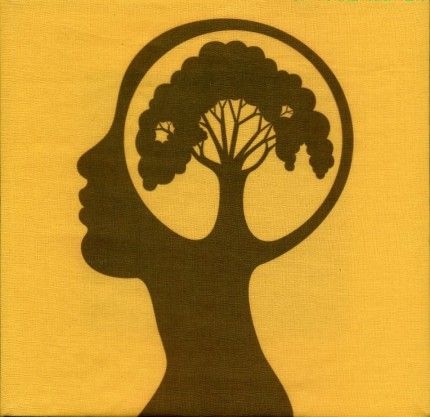




 )around his house was not localized in specific lamps. The light came from the ground, not from the trees as before... a "whole hillside that would blossom with light"... "lit up like daytime". These observations indicate that Stubblefield had managed indeed the direct conversion of earth energy to light and warmth. This would acceptable, were Mr. Stubblefield simply working on a newer form of drawing electricity from the ground to light small arc-lamps; a feat which he had accomplished earlier. But these kind persons could never find any evidence of arc-lighting or any other form of known lighting anywhere near the area. In their own words "the light seemed to come out from the ground itself".
)around his house was not localized in specific lamps. The light came from the ground, not from the trees as before... a "whole hillside that would blossom with light"... "lit up like daytime". These observations indicate that Stubblefield had managed indeed the direct conversion of earth energy to light and warmth. This would acceptable, were Mr. Stubblefield simply working on a newer form of drawing electricity from the ground to light small arc-lamps; a feat which he had accomplished earlier. But these kind persons could never find any evidence of arc-lighting or any other form of known lighting anywhere near the area. In their own words "the light seemed to come out from the ground itself".






 )
)









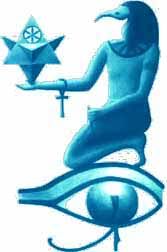














 ... and why is it so charged up compared to other waterfalls
... and why is it so charged up compared to other waterfalls 

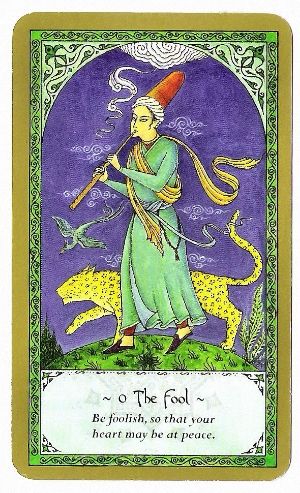



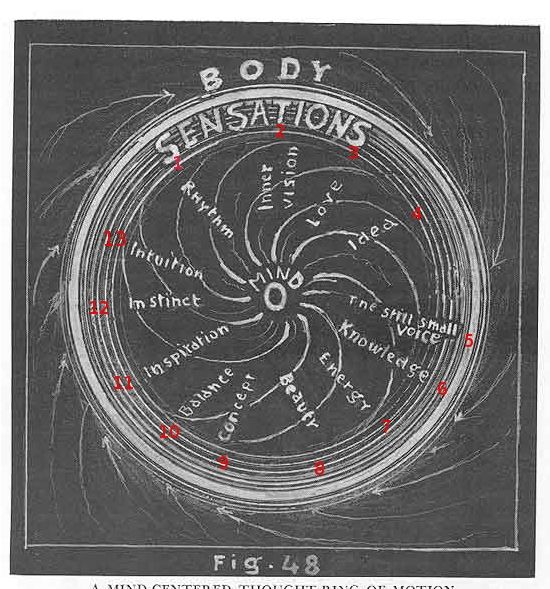
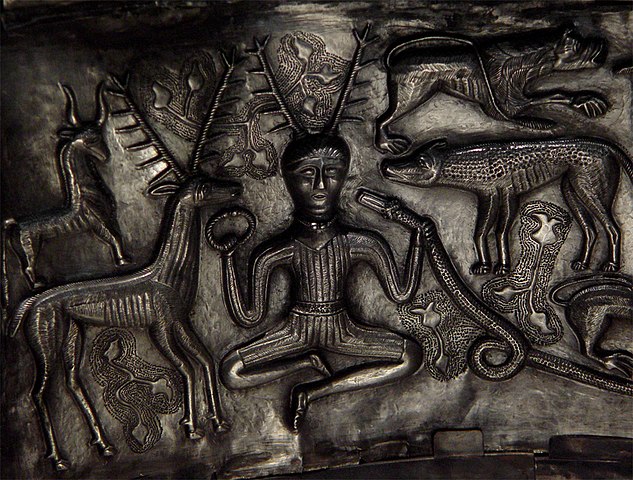


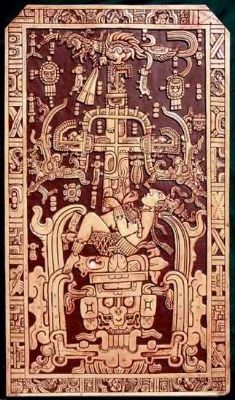



 ...
... 










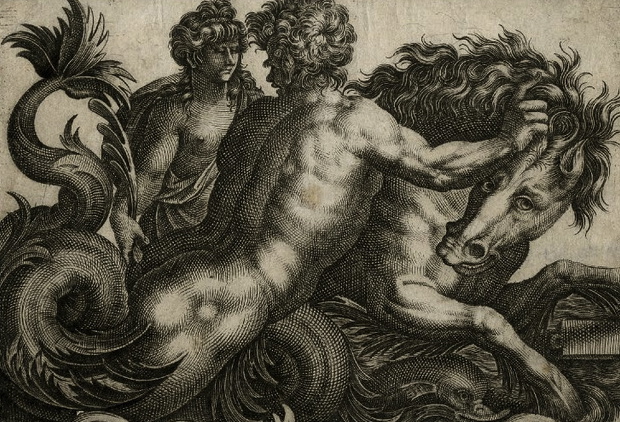

Comment